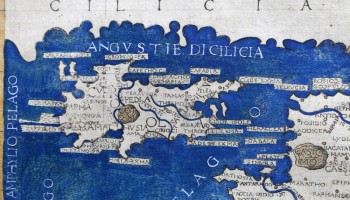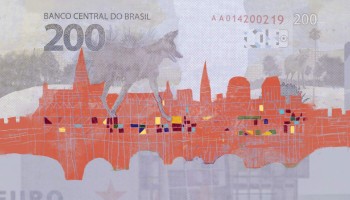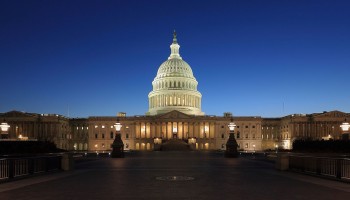The so-called Ultimate Beneficial Owner (UBO) registry prevents the use of companies for laundering illicit proceeds and financing terrorism, Commerce and Energy Minister Natasa Peleidou said last week, introducing the register to nearly 2,000 Cyprus-based stakeholders.
"We must realize that recording accurate and up-to-date information about the real beneficiary is a key factor in locating criminals who might otherwise be hiding their identities behind a corporate structure,” Peleidou said.
Authorities have specified that anyone having the final ownership, voting rights or sufficient percentage of shares directly or indirectly qualifies as a company’s true owner.
The register went online in March and will be connected to an EU centralized platform. Peleidou said that corporate entities have to submit their data within the next 12 months.
Initially, access to the registry is restricted to only customs and taxing authorities. The public will be able to access the database in 2022.
After a scandal erupted last year over an investment program that dubious figures exploited to acquire EU citizenship, Cypriot authorities launched an anti-corruption campaign to tackle financial crimes.
The plan included the establishment of the UBO registry - an already existing obligation under the EU’s 4th anti-money laundering directive.
Although the move points towards the right direction, experts have previously said that real change will not likely come from what they call an “entrenched government,” but rather from grassroots movements or EU institutions.






